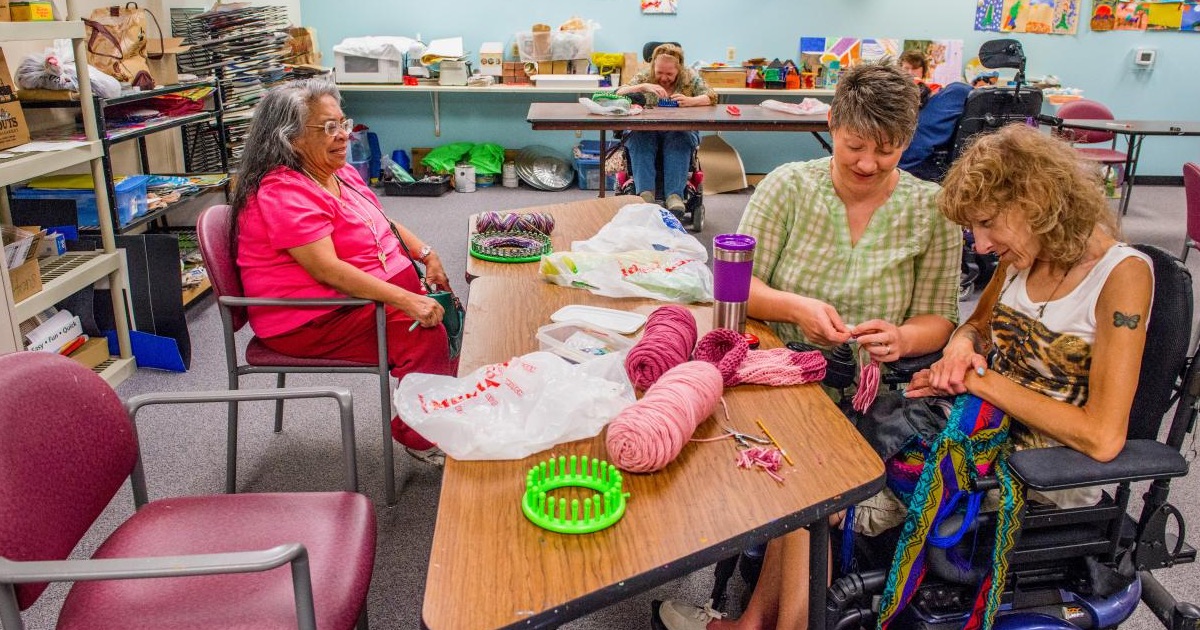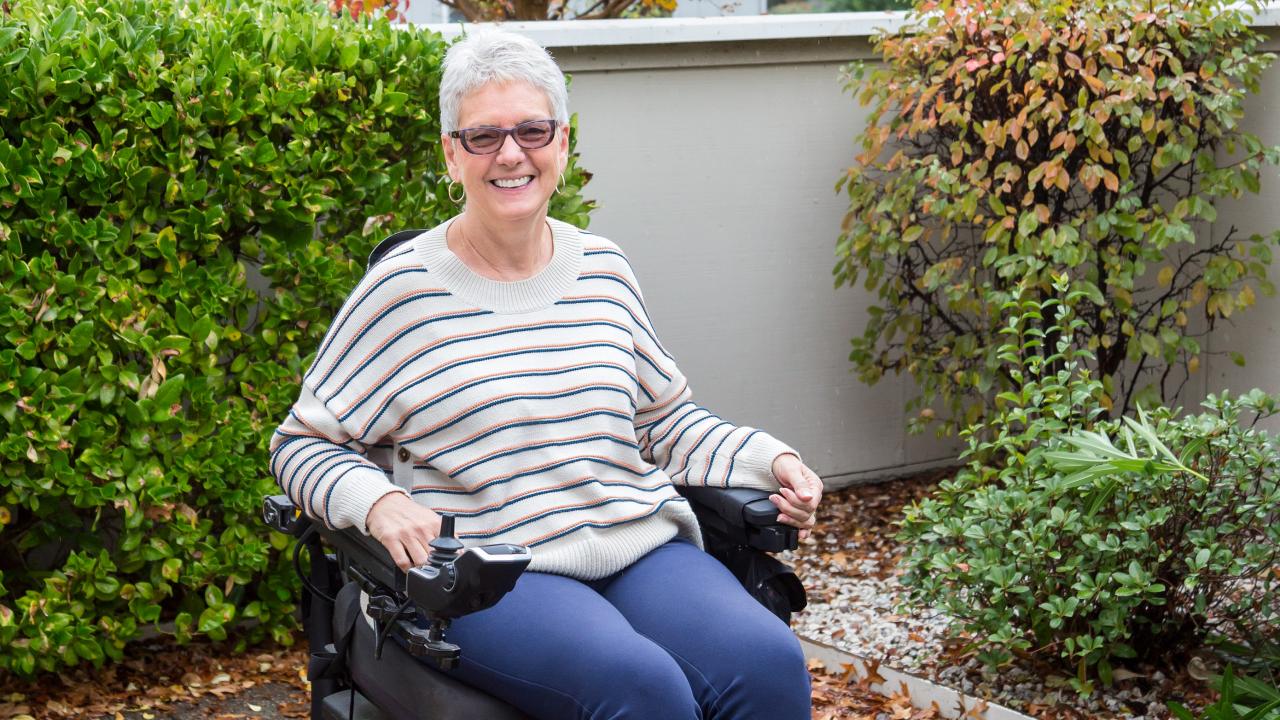 Photo: Getty Images
Photo: Getty Images
In the United States, between 250,000 and 350,000 people have multiple sclerosis, according to the National Institute of Neurological Disorders and Stroke. Multiple sclerosis, or MS, is a disorder of the central nervous system – the brain and spinal cord. Patients have inflammation that damages the myelin sheath in the central nervous system, resulting in nerve damage. The myelin sheath, which covers the axon of the neuron and helps facilitate neural communication, is made of oligodendrocytes; the myelin in the peripheral nervous system is made of Schwann cells and is not affected by multiple sclerosis. The symptoms of multiple sclerosis depend on where the inflammation occurs in the central nervous system. Examples of symptoms include problems walking, loss of balance, weakness, incontinence, double vision, vision loss, numbness, cognitive dysfunction, depression and sexual dysfunction.
Studies on multiple sclerosis have looked at the effects of stress on the disease. For example, MedlinePlus noted that stress can trigger attacks or make them worse; with multiple sclerosis, patients can have periods in which they have no symptoms or less severe symptoms. But can a stressful life make a person more likely to develop this neurological disorder? In a new study published in Neurology that included over 150,000 women, researchers could not find a link between a stressful life and a risk for multiple sclerosis, but also could not definitely rule out a connection as the study could not “account for all stressful life events and their impact on the body's disease-fighting systems,” reported Genevra Pittman of Reuters.
The women included in this study came from two studies: one that started in 1976 and a second that started in 1989; all the women in these studies were nurses. The first study had around 93,000 participants who answered a questionnaire about stress in their lives, both at home and work. The second study had around 68,500 participants who also filled out questionnaires about stress – these questionnaires asked participants about sexual and physical abuse that occurred in either childhood or adolescence. From the first group, 77 women had multiple sclerosis as of 2004 to 2005, while 292 women had multiple sclerosis from the second group. The researchers found that the amount of stress at both home and work was not linked to the chance of developing MS, but that women who reported being touched sexually multiple times in childhood had a slight increase in the prevalence of multiple sclerosis; however, the researchers stated that this finding is hard to interpret. Since this study only included women, the results may not apply to male multiple sclerosis patients.
References
National Institute of Neurological Disorders and Stroke. Multiple Sclerosis: Hope Through Research. National Institutes of Health, 2011. Web. 13 June 2011
http://www.ninds.nih.gov/disorders/multiple_sclerosis/detail_multiple_sclerosis.htm
A.D.A.M. Multiple Sclerosis. MedlinePlus, 2010. Web. 13 June 2011
http://www.nlm.nih.gov/medlineplus/ency/article/000737.htm
Pittman, Genevra. Stress Doesn't Raise Risk of MS: Study. Reuters, 30 May 2011. Web. 13 June 2011
http://www.reuters.com/article/2011/05/30/us-stress-ms-idUSTRE74T50U20110530
Reviewed June 14, 2011
Edited by Alison Stanton






Add a CommentComments
There are no comments yet. Be the first one and get the conversation started!